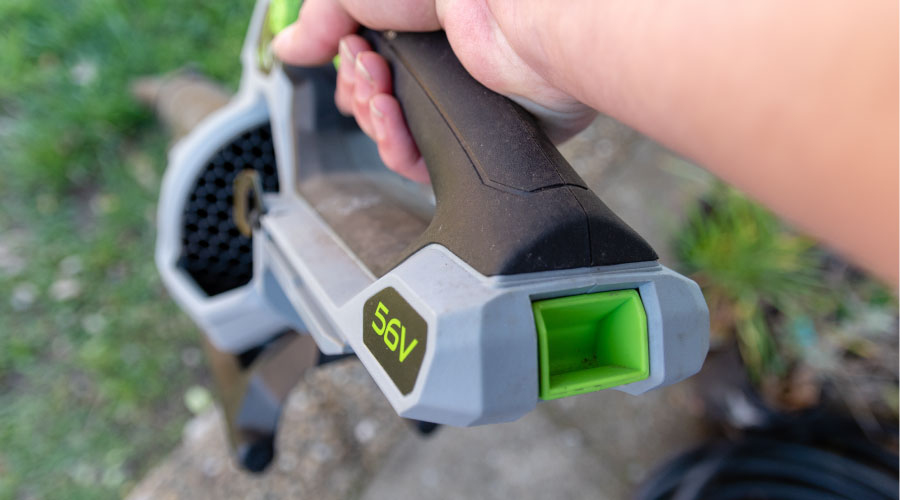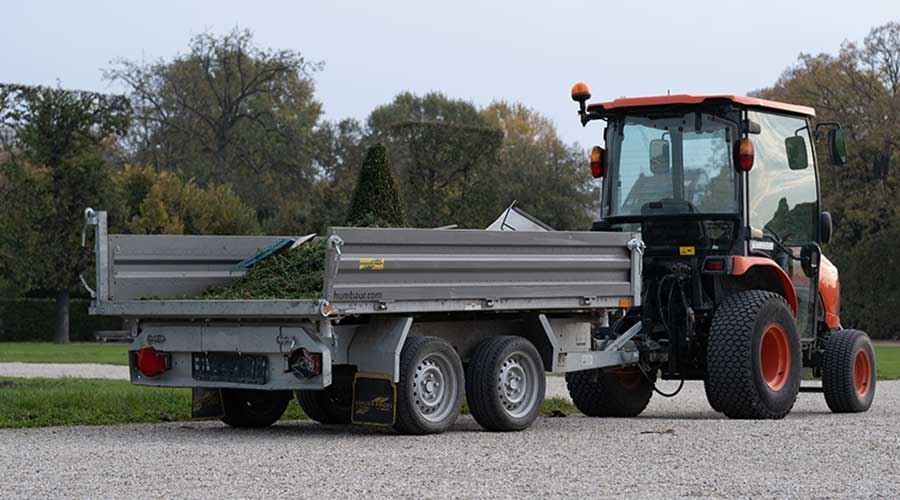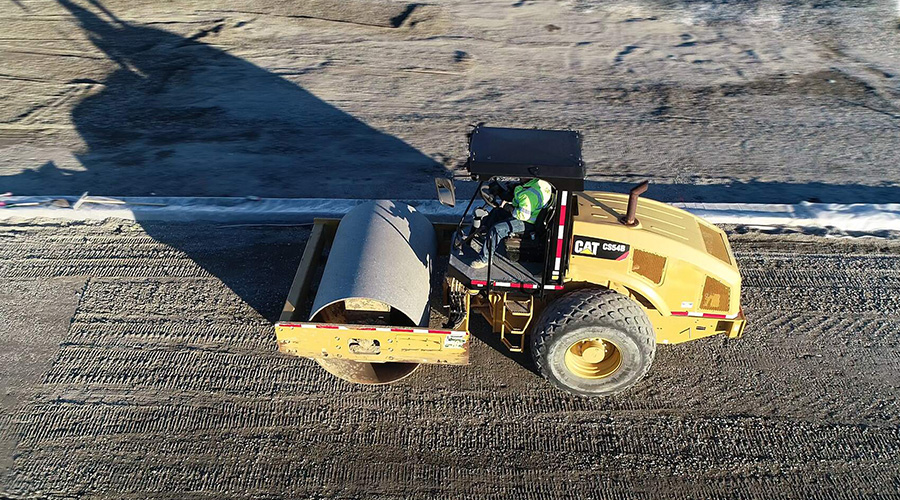Managers Secure Ice-Melt Chemicals, Equipment Before Snow Falls
Before snow or ice arrives, managers need to make sure operators have all the necessary equipment and supplies to work effectively. Managers use the summer to evaluate equipment options and communicate with vendors to ensure materials, such as anti-icing and deicing chemicals, arrive on time at the right price.
“As we get closer to the snowflake season, I can’t be worried with chasing equipment down and looking for parts,” Selivan says. “We know what breaks down most frequently on all these machines or what gets damaged from operator error, so we have plenty on the shelf.”
Adds Holysz, “We watch our nickels and dimes at the end of the season to see exactly where we’re at. We make our recommendations at that point in time after we figure how many repairs we have to do and whether or not I can get some of the materials at a lower cost or whether or not I can purchase a piece of equipment at that time.”
The Michigan State landscape services department can charge different divisions, such as Housing and Food Services or Parking Services, for removing snow and ice. Dobbs charges those divisions equipment rental fees and uses the money to buy fuel or parts and to pay for mechanics’ repair time.
Last year, Dobbs had $400,000 in additional revenue from the equipment rental fees he will use to expand his fleet, including modifying a salt truck with a brine-application system and buying three multi-purpose utility vehicles equipped with snow brooms and brine-application tanks.
Dobbs has three full-time mechanics to ensure new equipment runs at peak condition. But in departments where new equipment is not an option, more managers are asking mechanics to prolong the equipment’s life while ensuring its safe operation.
“As equipment starts to show that it’s reached its life expectancy, then we will make a proposal in our budget to start a replacement of specific vehicles,” says Tim Wood, director of maintenance and operations with Spokane (Wash.) Public Schools. “Unfortunately, due to economic conditions that I think most schools are facing, the addition of capital equipment or vehicles is pretty far down the list.”
Related Topics:













